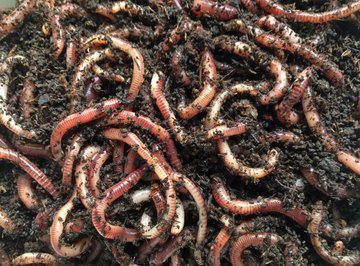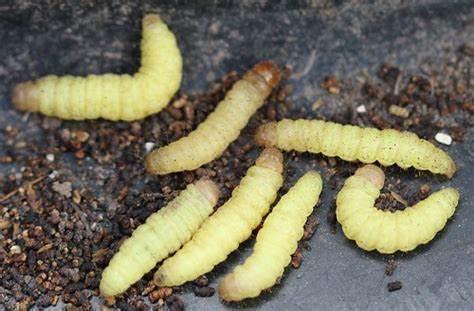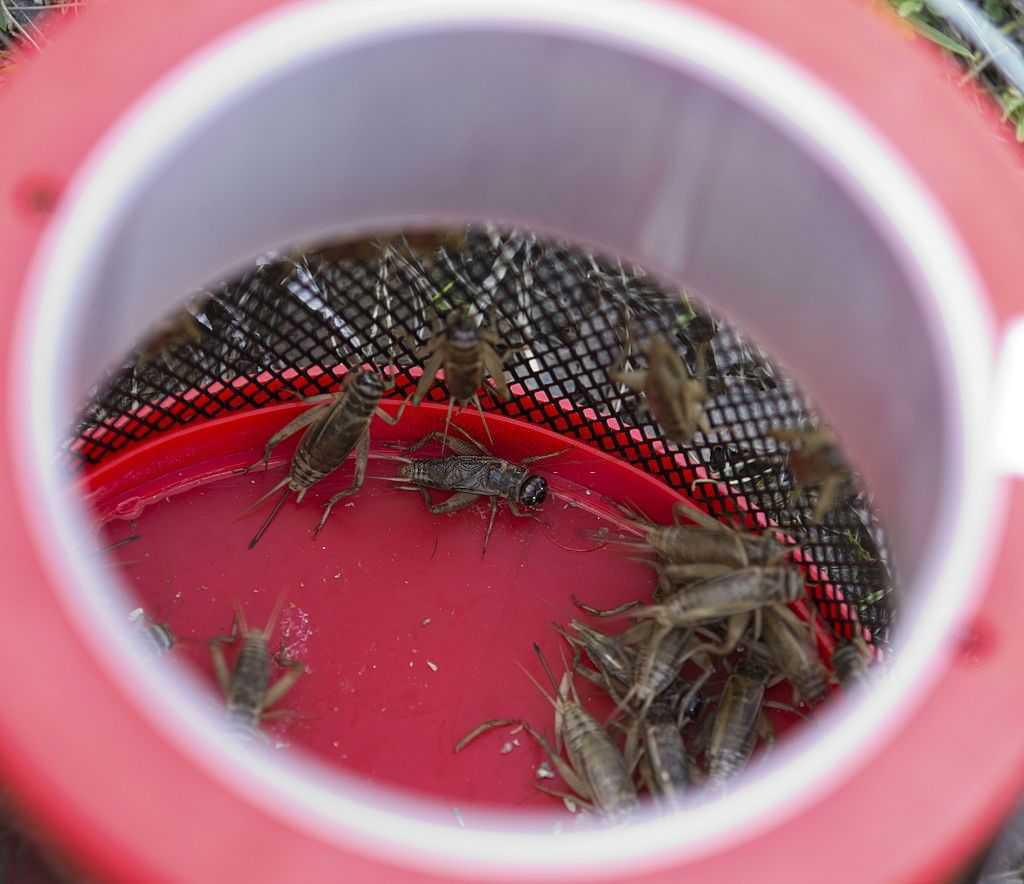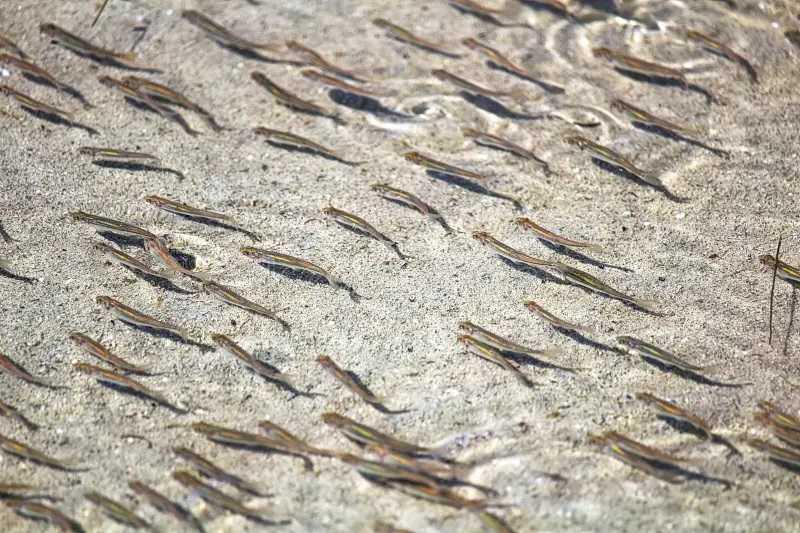With the recent arrival of nicer, warmer weather and being able to see some sunshine, I am really starting to get a lot of questions about fishing! Although, this being Indiana, the weather can, and normally does, change several times within hours. You don’t know really know what to expect.
I suggest being prepared for several types of weather anytime you go fishing. I would rather over-dress and have to remove sweatshirts or jackets than not wear enough clothing and catching pneumonia instead of catching fish.
One of the frequently asked questions I normally receive at this time of year is “What is better for catching fish, live bait or artificial lures?” Without hesitation, I recommend live bait.
You can take a can of nightcrawlers, red worms, bee moths, crickets, or minnows and go to just about any body of water, such as a farm pond, retention pond, watershed, lake, river, or reservoir, and catch fish. Just about any species of fish like the aforementioned types of live bait, and after being under the ice all winter, they will be extremely hungry and willing to bite these tasty offerings.
Don’t get me wrong. I love the challenge of using artificial lures for bass fishing, and when I am competing in a bass fishing tournament, we cannot use live bait. We are required to use artificial lures, but that is for future article where I will explain many different types of artificial lures, how they work, and how and when to use them.
I remember when I was a kid, I would take the garden hose and water down the yard. When it got dark, I would grab the worm bucket and flashlight and start hunting nightcrawlers. By the weekend, I would have quite a few caught and have plenty of fishing bait for the weekend trips to our family cottage on the river.
If my father had to work that weekend, I sold the nightcrawlers to some of my fishing buddies, which allowed me enough money for extra fishing line, sinkers, bobbers, etc. Several vacations were spent at the cottage, and my father and I built a special wooden worm box with bedding, grass, and ripped up newspapers. We had a water-pouring spout to keep the bedding damp, and the worms lasted quite some time.
I also remember many nightcrawler hunts with my father and my mother. Mom used to walk around barefooted because she said shoes made too much noise and scared the worms. She used to handle the flashlight and cover part of the light with her fingers so it would not scare the worms. She would not hesitate to let us know, “be quiet. You are making too much noise!”
My two older sisters were not very willing to hunt worms because worms were too gross. My two younger brothers were too young at the time, so the worm hunting was relegated to me most of the time. That was fine.
I like to work with kids and getting them involved in fishing, and I never hesitate to recommend they get some live bait because in most cases, a kid just wants to catch fish. They don’t care how many or how big. They just want to catch fish, and their attention span is commonly very short. If they don’t get a bite or catch a fish soon, they lose interest.
There are times when a fish will not hit an artificial lure, but they will certainly like the looks of a worm, bee moth, cricket, or minnow. If you have access to a farm pond and some worms, you are set and ready to go!
I have even personally caught bluegill, sunfish, goggle eye, small bass, and crappie on a bare hook. The pan fish are so hungry they will actually go after a bare hook because they hear it hit the water and often see the hook shining, and they will smack it. Nothing gets a kid more excited than seeing their bobber go under or take off across the water, knowing a fish has the hook in its mouth. The memory of catching that first fish will last that kid forever.
After getting into the sport of fishing, most people will decide to further their education on fishing. They will start buying more elaborate fishing tackle, and the next thing you know, they are chunking artificial lures. Until they learn what needs to be done, they will catch fewer fish.
In the meantime, if you want to catch numbers of fish, get some nightcrawlers, red worms, bee moths, crickets, and minnows, along with small hooks, sinkers, and bobbers and go after those fish!





